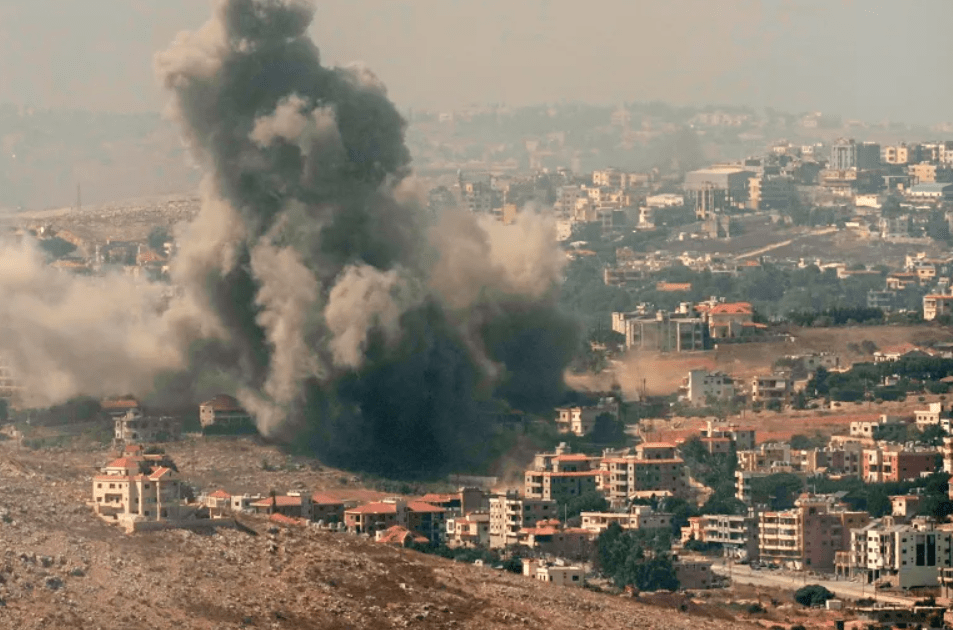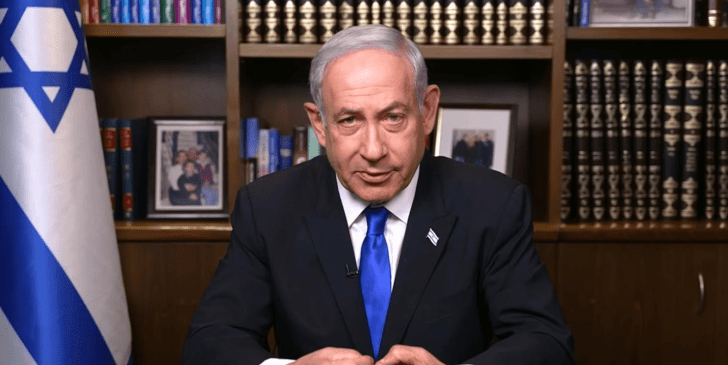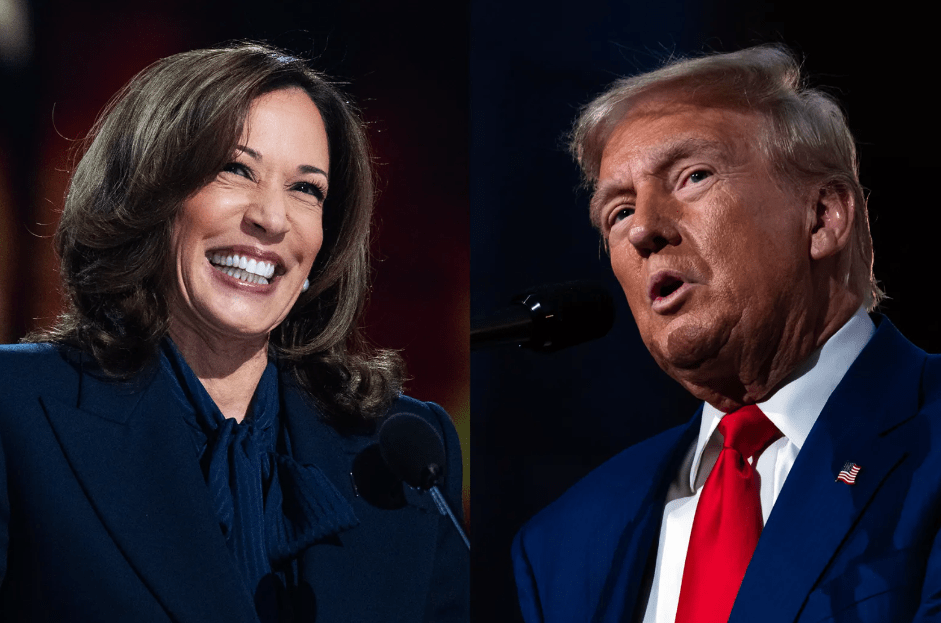Israel is gearing up for a potential ground assault in Lebanon, according to the country’s military chief, as tensions with the armed group Hezbollah continue to escalate.
The Israeli army has ramped up its airstrikes on Lebanon for a third consecutive day, while calling up two brigades of reservists in preparation for a possible incursion.
Lieutenant General Herzi Halevi, addressing troops stationed in northern Israel, explicitly hinted at the potential ground operation against Hezbollah, marking a notable shift in Israel’s military strategy.
“We are preparing the process of a manoeuvre, which means your military boots, your manoeuvring boots, will enter enemy territory, enter villages that Hezbollah has prepared as large military outposts,” Halevi told soldiers.
This warning follows an intensification of Israel’s aerial bombardments, which, according to Halevi, are intended to “prepare the ground for your possible entry.”

The Iran-backed Hezbollah group has recently extended its missile range, prompting a fierce Israeli response. “Prepare yourselves,” Halevi urged, as Hezbollah launched a missile aimed at Israel’s Mossad headquarters near Tel Aviv.
The Israeli army’s mobilisation of reservists is aimed at fortifying the north and ensuring the safe return of thousands of civilians displaced by cross-border hostilities.
As part of the ongoing military campaign, Prime Minister Benjamin Netanyahu reiterated the government’s resolve to restore peace in northern Israel.
“We are determined to return our residents in the north safely to their homes,” Netanyahu stated, adding that Hezbollah is being hit “harder than it could imagine.”
Devastation in Lebanon
As the conflict rages on, the toll on Lebanon continues to rise. The country’s health ministry reported that 51 people were killed in Wednesday’s airstrikes, pushing the death count over the past three days to 615, with more than 2,000 injured. Despite international calls for restraint, the situation remains dire.
Hezbollah responded to Israel’s attacks by launching a barrage of missiles, one of which set off air raid sirens in Tel Aviv. Although Israel’s defence system successfully intercepted the projectile, the escalation signalled a significant shift in the conflict, as it was the first time a missile had reached the country’s central region during this round of hostilities.
In retaliation, Israel struck the site from which the missile had been launched in southern Lebanon. Meanwhile, Hezbollah claimed responsibility for firing a ballistic missile at Mossad’s headquarters, accusing the Israeli intelligence agency of being behind the assassination of its senior leaders. Israel has remained tight-lipped about these allegations, neither confirming nor denying its involvement.
Mass Displacement and Humanitarian Crisis
The intensifying conflict has forced tens of thousands of Lebanese civilians to flee their homes. According to the International Organization for Migration (IOM), more than 90,000 people have fled southern Lebanon, with many heading north to escape the violence. Long queues of cars have congested the roads as families seek safety, while schools have been converted into makeshift shelters. Aid organisations are scrambling to provide essential supplies, including blood donations, as the country braces for potential mass casualty events.
Lebanon’s healthcare system, already under immense strain, is facing critical shortages in medical supplies. The World Health Organization, in collaboration with the Lebanese Ministry of Public Health, is working to maintain essential services, including mental health support, amid the ongoing crisis.

International Diplomatic Efforts
The escalating violence has alarmed world leaders, prompting renewed calls for diplomacy. US President Joe Biden has acknowledged the risk of an all-out war but expressed hope for a peaceful resolution. “An all-out war is possible, but I think there’s also the opportunity – we’re still in play to have a settlement that can fundamentally change the whole region,” Biden said in an interview with The View.
In an unprecedented move, the United States is leading a diplomatic effort aimed at de-escalating conflicts in both Gaza and Lebanon. According to sources cited by Reuters, the initiative seeks to link the two theatres of conflict in a broader peace effort, with negotiations underway at the United Nations General Assembly in New York.
Since Israel’s military campaign in Gaza began on October 7, near-daily rocket exchanges between Hezbollah and Israel have intensified, further destabilising the region. While initial skirmishes were largely confined to border areas, Israel has shifted its focus to its northern frontier in response to the growing threat from Hezbollah.
Adding to the turmoil, a devastating blast last week involving Hezbollah communication devices resulted in the deaths of at least 42 people and left more than 3,000 injured. Israel has not confirmed its involvement, but in recent days, it has dealt significant blows to Hezbollah’s leadership, killing two senior commanders in targeted strikes.
A Volatile Road Ahead
With both sides bracing for further escalation, the prospect of a ground offensive looms large. As Israeli forces continue to prepare for the possibility of crossing into Lebanon, the region teeters on the edge of a broader conflict, with devastating consequences for civilians caught in the crossfire. Amidst the chaos, diplomatic efforts remain crucial to preventing a full-scale war that could engulf the Middle East.

